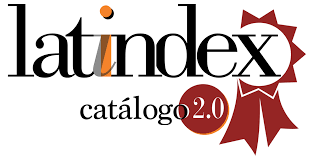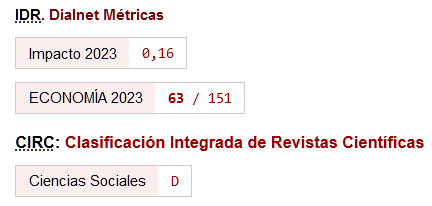Monographic Theme: Touristification
Touristification: a view from critical economies
Coordinators: Cati Torres (AEC/UIB), Ernest Cañada (Alba Sud UIB), Ivan Murray (Alba Sud/UIB)
Contextualization and request
Touristification is a process of socio-spatial transformation caused by the exponential growth of tourist activities and the subordination of the economic and social life of the territories to them under the logic of capital. As such, touristification has become one of the main axes of accumulation on a planetary scale and, therefore, the focus of multiple socio-ecological conflicts. Although historically there has been little critical analysis of these socio-territorial transformations, the strong impulse of tourist dynamics after the 2008 financial crisis (which interrupted the processes of reproduction of financial and real estate-based capital) has led in recent years to a notable increase in critical studies on touristification together with a growing social protest.
Thus, from fields as diverse as sociology, anthropology and geography, among others, emphasis has been placed on the analysis of issues such as, but not limited to, the precariousness and feminization of tourist jobs, gentrification and other conflicts associated with housing due to the irruption (and disruption) of digital platforms such as Airbnb (platform capitalism), the plundering of natural resources linked to tourism projects and megaprojects (accumulation by dispossession), accumulation by conservation associated with ecotourism, the relationship between tourism and climate change, the financialization of tourism capital, the role of social movements and tourism degrowth. In other words, existing studies show an interest in the analysis of tourism as an axis of precariousness and conflict.
However, the complexity of the touristification phenomenon and the growing risk faced by touristified societies in the current context, with multiple chronic emergencies (climate change, biodiversity loss, energy and material crises, disruption of global supply chains or growing geopolitical tensions at the global level, with major and worrying ongoing war conflicts and genocides, …), show us that there is still much work to be done in terms of research where the critical economies' perspective is still scarce but no less important, as shown, for instance, by the following relevant research questions that remain unanswered:
- What is the relationship between public investment and the touristification of a territory?
- How do global tourism value chains work?
- How does tourism activity relate to growing rentier specialization?
- What are the characteristics of labor in the processes of tourism specialization?
- How will robotization and the introduction of AI (Artificial Intelligence) affect tourism?
- How do the dynamics of touristification affect the working population?
- Does tourism contribute to reducing or increasing inequality?
- What is the relationship between the tourism industry and militarism and geopolitics as drivers of economic globalization?
- How do we define and/or quantify the extractive nature of the tourism industry?
- What is the carbon footprint and ecological footprint of tourism?
- Is it possible to think of a post-capitalist tourism, beyond capital?
In the aftermath of the historic slump in world tourism caused by the COVID-19 crisis, some people naively interpreted that an opportunity to transform tourism was emerging. That the pandemic could serve as an impetus for urgent and necessary changes. However, we see that the COVID-19 crisis has only served to further intensify the dynamics of touristisation, thus deepening its own contradictions. Therefore, with the aim of contributing to the debate on these contradictions, as well as with the political will to collectively move towards the urgently needed social transformation of tourism, we invite the broad and diverse collective of critical economies to participate in this monograph.
Formal requirements
Language
Texts written in English or Spanish will be accepted.
Types of articles
- a) Research articles
Abstract: 240 words maximum
Full text: 9,000 words maximum including references
- b) Short articles (preferably short contributions aimed at stimulating discussions)
Abstrct: 240 words maximum
Full text: between 2,500 and 5,000 words maximum including references
- c) Book reviews
Full text: between 1.000 and 2.000 words maximum
Deadlines for submission
Submission of abstracts
Abstracts can be sent from 1 December 2024 to 10 January 2025. Abstracts should be sent to the e-mail address cati.torres@uib.cat indicating in the subject of the message ‘REC Touristification Monographic’ and, in the body of the e-mail, the Name and Surnames of the authors and the complete Title of the work.
Provisional acceptance of papers
The initial acceptance of the abstracts will be communicated on 15 February 2025, although the final acceptance of the articles will depend on the usual evaluation process of the journal and the final decision of the editors.
Submission of full papers
Full papers must be submitted by 1 September 2025 via the OJS platform:
http://asociacioneconomiacritica.org/ojs/index.php/rec/about/submissions indicando el número especial.
Planned publication date in Revista de Economía Crítica: first half of 2026
For further information on publication rules and instructions, please consult: REC website
This monograph is part of the R&D&I project PID2022-137648OB-C21 funded by MICIU/AEI/ 10.13039/501100011033 and ‘FEDER, EU’.






